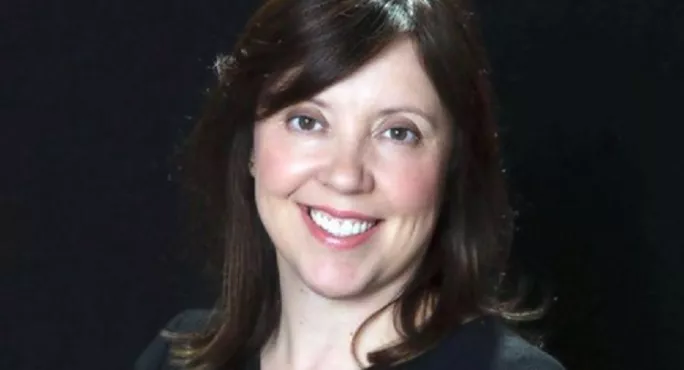Fixing attendance, the growing regional attainment gap and the rise in pupil mental health problems following the pandemic are the key priorities facing whoever is appointed education secretary by the new prime minister this month, the children’s commissioner has outlined today.
Speaking to Tes on the eve of today’s publication of part one of her Family review: family and its protective effect report, Rachel de Souza said attendance is a “proxy” for the safety and academic potential of pupils, and that school leaders need to carry on the “unbelievable” work they had achieved during the Covid crisis to encourage children back to school post-pandemic.
“The ambition is that every child who can, is in school,” she said.
Ms de Souza previously outlined six “ambitions” to improve attendance, and encouraged schools to “obsess” over ensuring pupils are in school and aim to achieve a 100 per cent rate for the first day of the autumn 2022 term.
“Given that so many didn’t come back after the pandemic, school leaders have done an amazing job reaching out to children and families ahead of the key moment of September.
“Attendance is a proxy for so much, children in the Big Ask (de Souza’s 2021 survey of over half a million schoolchildren) said their biggest goal was to have a great job, well they need to be at school to do that,” she added.
High attendance rates are underpinned by pupil wellbeing and quality of mental health, she says, but believes more can be done to support schools to work with health and social services to create an environment that works with families to achieve a sense of security for pupils.
“What children and families have told us in this research is that they want to receive support from people they trust, they trust their school, so that’s signposting being able to have that wider support around the school office services,” she said.
“Whether it’s mental health services or social care, these services should be able to be called upon by schools and should be around schools supporting the child.
“I think it’s time for a real rethink,” she added.
The children’s tsar and former headteacher said that she supports the development of schools as “community hubs” for a range of health and social care services for students.
Stage two of the report, due in the coming months, will in part focus on spotlighting geographical locations of support services for parents and children as well as shifting the assessment of family impact, typically found at the end of the government’s policymaking process, to the beginning, Ms de Souza told Tes.
Ms de Souza added that the new ministerial team at the Department for Education will need to focus on the growing regional divide in GCSE and A-level results, as well as the imminent problem of school utility bills as we face a “tough winter”.




